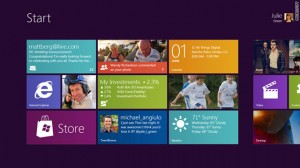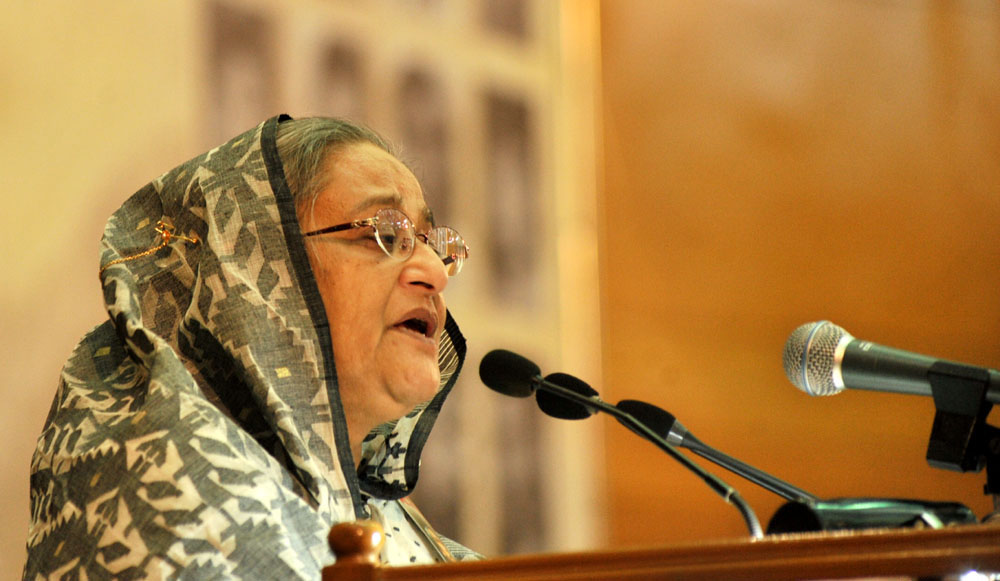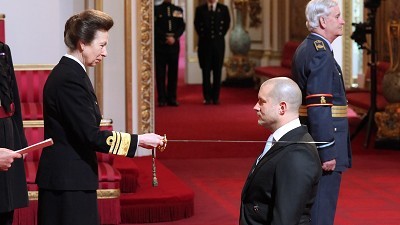When you find your child making his first call, fiddling with your mobile phone, or tapping illegibly on your computer keyboard for the first time, all grown-ups around start to swoon and giggle and talk about him becoming a great computer expert or a prodigy. But jokes apart, there have been quite many children who actually grew out from mobile and computer fiddlers to real geniuses who work for or run big companies at ages such as 13 or 14.
There are a good number of teenagers all over the world who are currently doing high-profile jobs in companies like Google and IBM. Many have gained scholarships and are pursuing their studies in reputed universities like Harvard and Oxford. Still more are running their own big businesses.
History has brought into light time and time again such child prodigies who have found their ways into our everyday life and chores. Names such as Bill Gates, Shawn Fanning and Mark Zuckerberg have become household. But to think these sensations once had themselves started out as teenage computer enthusiasts puts a whole new meaning to the widely disliked word ‘geek’.
These rare breeds usually start off using computers for fun. Many begin exploring their interests and expertise through small time hacking programs. But in the end, a prodigy cannot be hidden for long and their expertise usually does come out in the open for all to notice. Most former teenage hackers end up working as security consultants for big firms, as they tend to have a better idea of the loopholes in the company’s ‘secure’ programs and applications.
IT legend Bill Gates developing an early interest in computer science began studying computers in the seventh grade at Seattle’s Lakeside School. He immediately realised the potential of the young computer industry. Gates’s early experiences with computers included debugging programs for the Computer Center Corporation’s PDP-10, helping to computerise electric power grids for the Bonneville Power Administration, and founding a firm called Traf-O-Data while still in high school. Their small company earned them twenty thousand dollars in fees for analysing local traffic patterns. From then on, there was no looking back. He went on to become the world’s richest man.
Napster mastermind Shawn Fanning also began designing the peer-to-peer file sharing platform while still in high school. After graduating from high school, he dropped out of university to launch his brainchild.
By the age of 20, Mark Zuckerberg dropped out of Harvard — where he was a programming prodigy — and launched what is now the world’s preeminent social networking site, Facebook. Within two years, he was the world’s youngest billionaire. By age 26, he was Time Magazine’s Person of the Year.
A new prodigy joining the masterminds has his roots in our very own Bangladesh. Young Salman Khan, a.k.a. Sal, is founder of the Khan Academy, a free online education platform and not-for-profit organisation. He has produced over 2,200 videos elucidating a wide spectrum of concepts, mainly focusing on mathematics and the sciences, in his home. His official channel, ‘Khan Academy’ has, as of May 2011, attracted more than 53 million views. While at MIT, Sal was the recipient of the Eloranta Fellowship, which he used to develop web-based math software for children with ADHD. He was also an MCAT instructor for the Princeton Review and volunteered teaching gifted 4th and 7th graders at the Devotion School in Brookline, MA.
Google recently awarded Khan Academy $2 million to support the creation of more courses and to enable translation of its core library into the world’s most widely spoken languages. In October 2010, Khan was tied for #34 in Fortune’s annual ’40 Under 40′, a list recognising business’s hottest rising stars. The Khan Academy website has numerous student followers worldwide, and one of Khan’s fans is none other than Bill Gates himself. In March 2011, Salman Khan was invited to speak at TED by Bill Gates who claims to use the Khan Academy Exercise Software to teach his own children. “Part of the beauty of what he does is his consistency,” says Gates. “I kind of envy him,” he tells Fortune.
For parents of born prodigies, the task of raising these children is a big responsibility. Parents should be able to identify the hidden whiz kid in their child and be able to encourage and guide them in the right direction, so that their talents are not wasted. They should also be counseled and steered away from using their talent in the wrong way. In most of our South Asian countries, parents tend to discourage children from touching their computers and mobile phones for fear of them ruining or breaking them. But sitting with the child and helping him learn will help the parent to gauge their child’s talent and interest.
Source : The Daily Star,








































